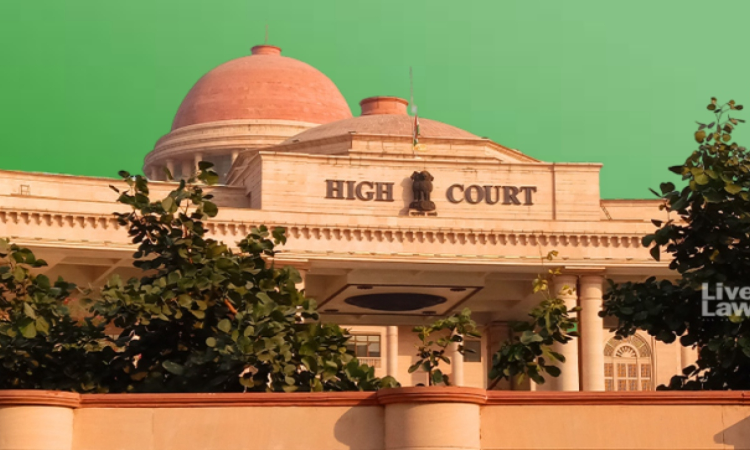Recorded Telephonic Conversation Between Accused Persons Admissible As Evidence Even If Obtained Illegally: Allahabad HC
Sparsh Upadhyay
1 Sept 2023 2:00 PM IST

Next Story
1 Sept 2023 2:00 PM IST
The Allahabad High Court last week observed that even if the telephonic conversation between the two accused persons was secured illegally, the same would not affect the admissibility of the recorded conversation in evidence against such accused. The bench of Justice Subhash Vidyarthi made this observation while rejecting a revision plea filed challenging the order of a trial...
